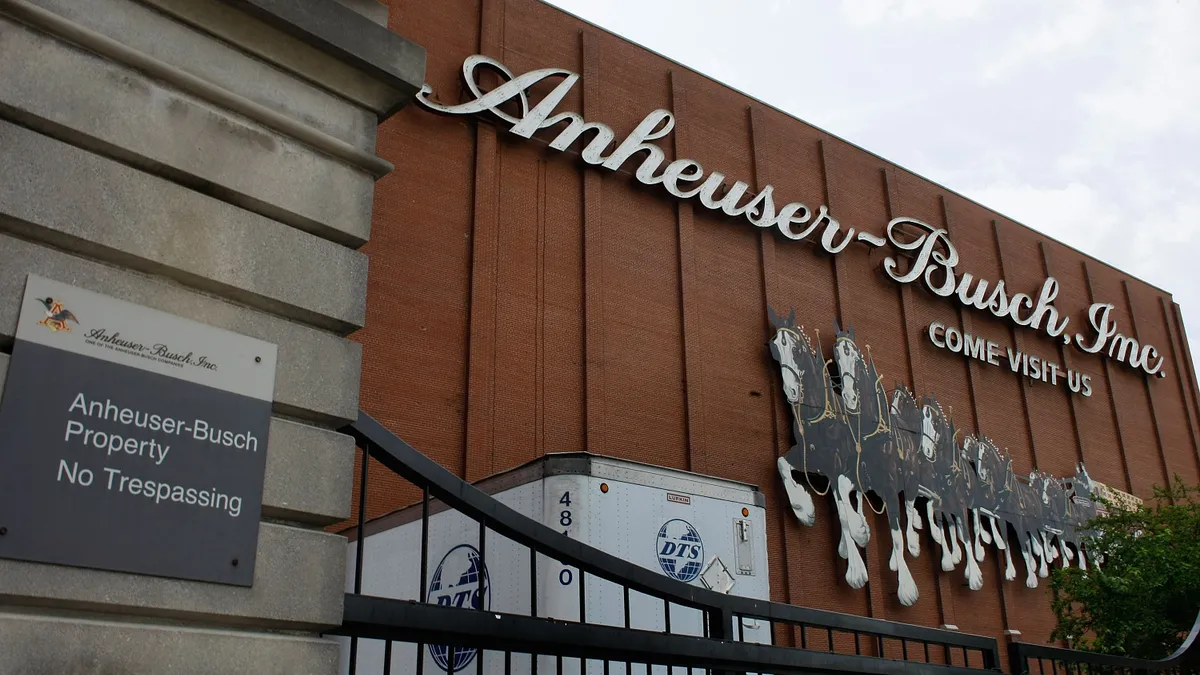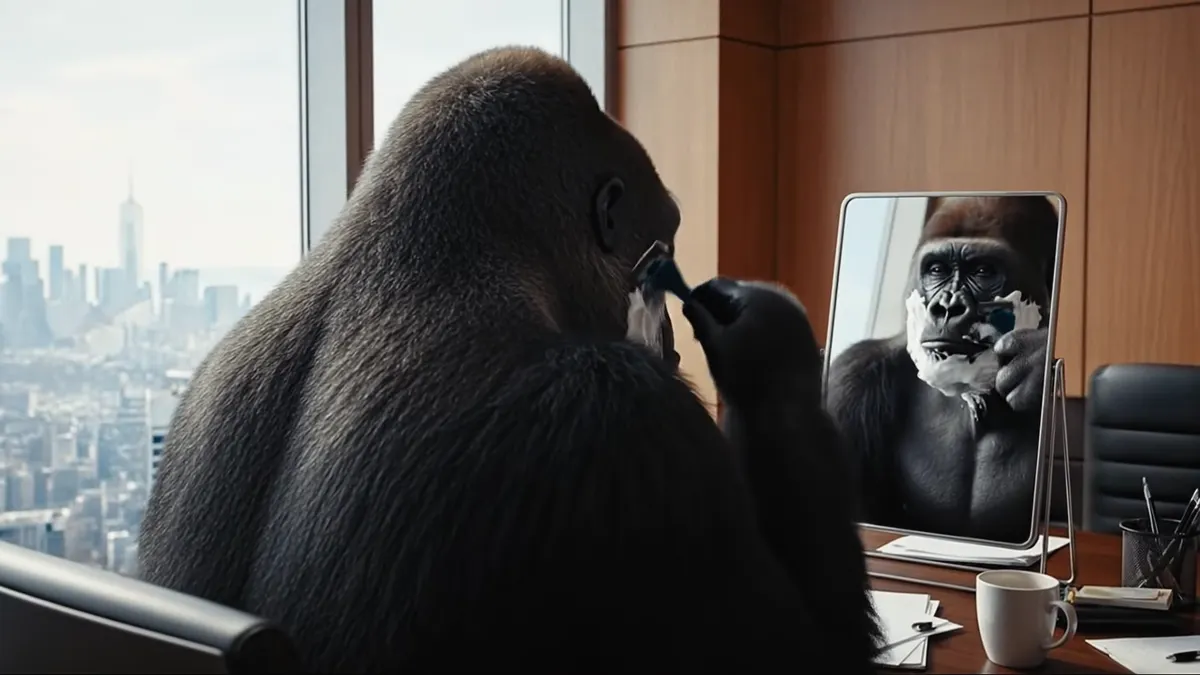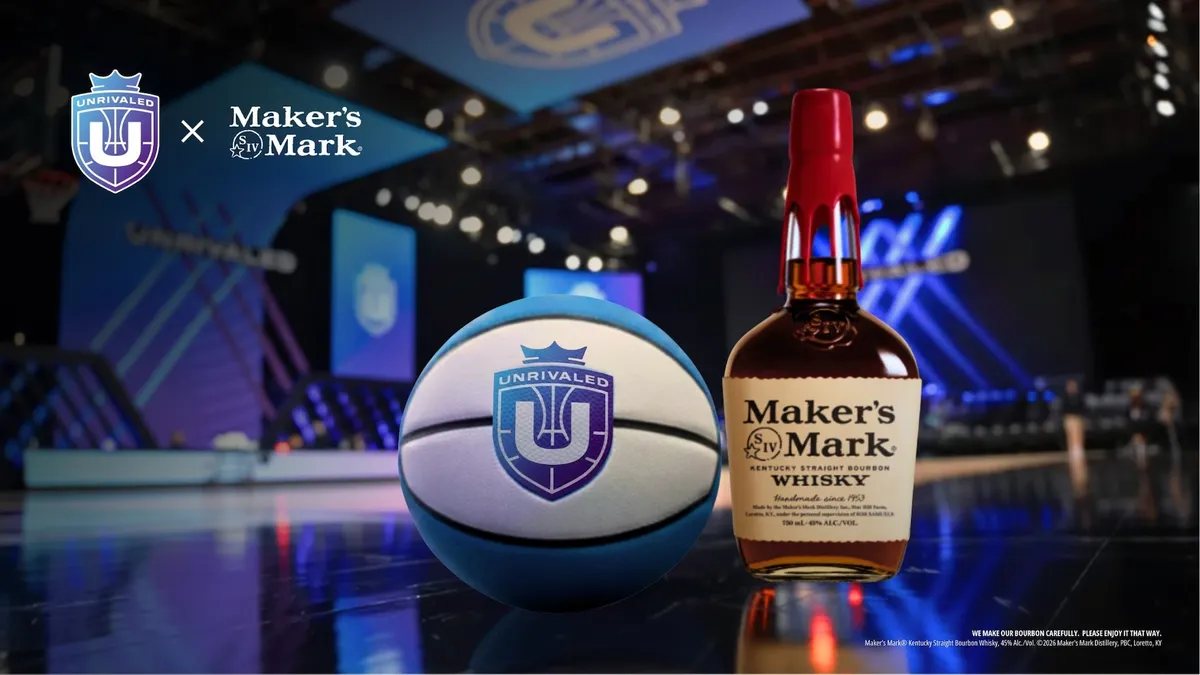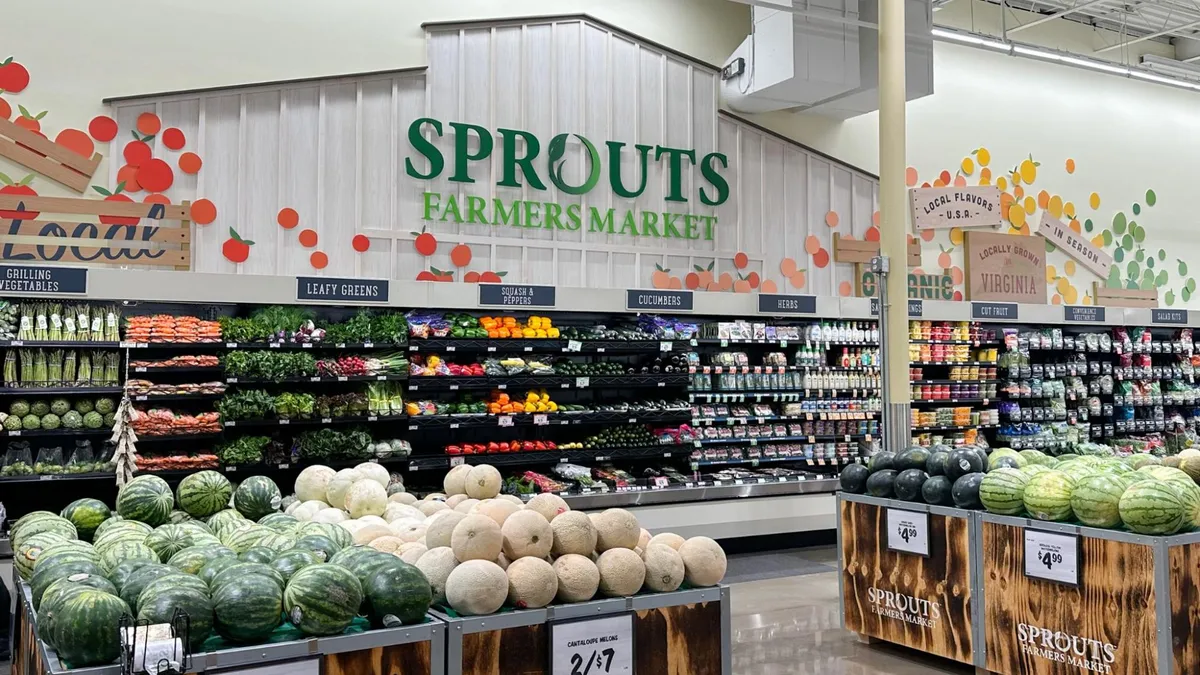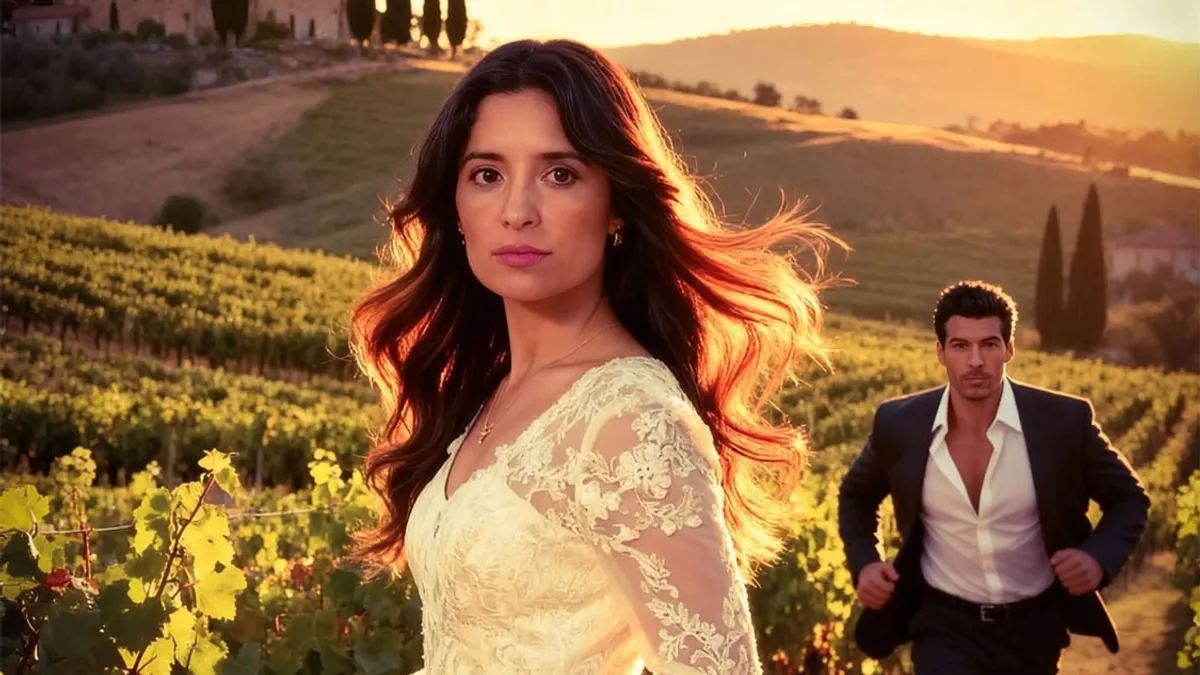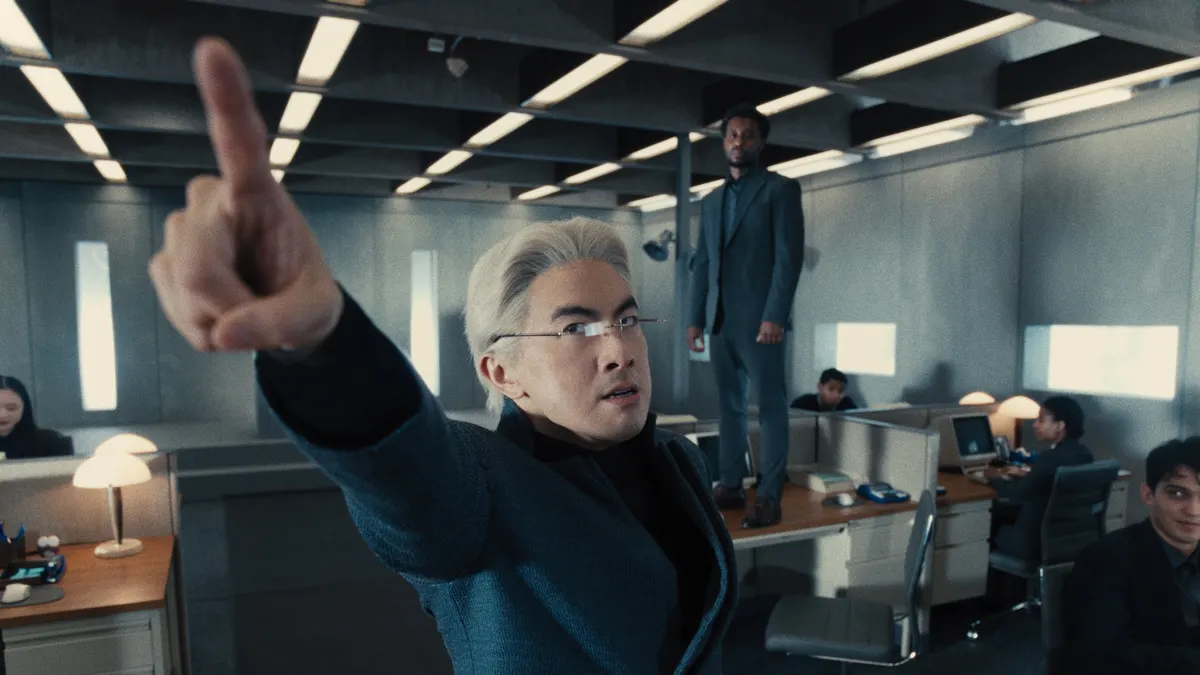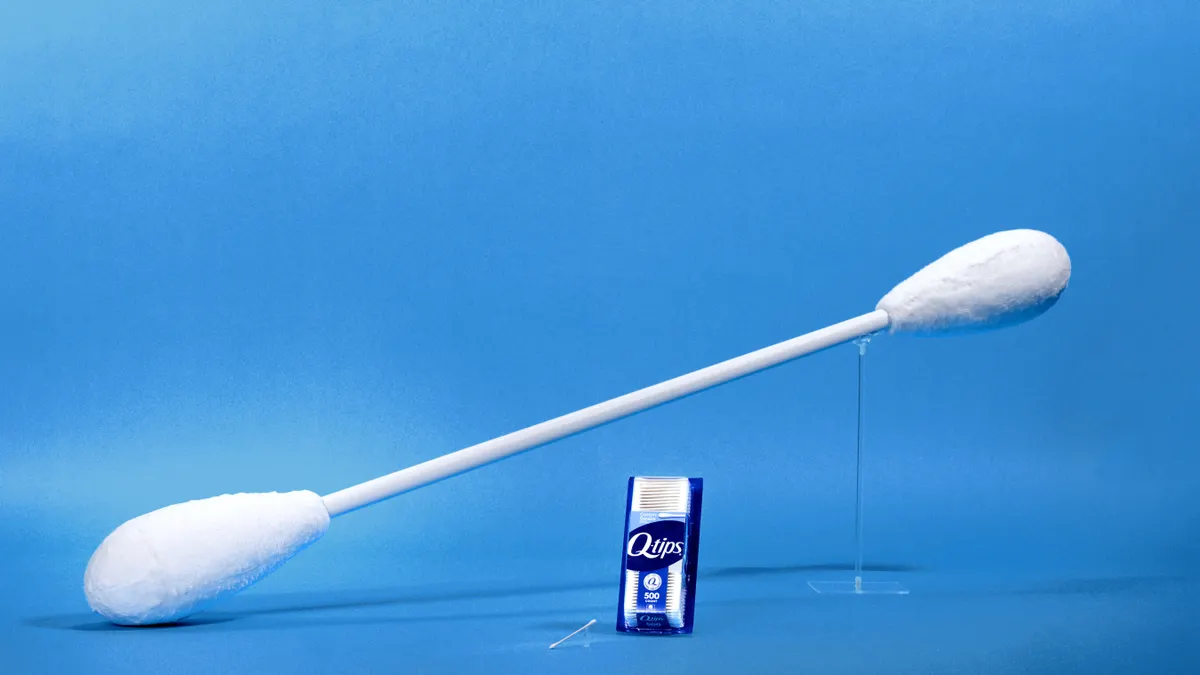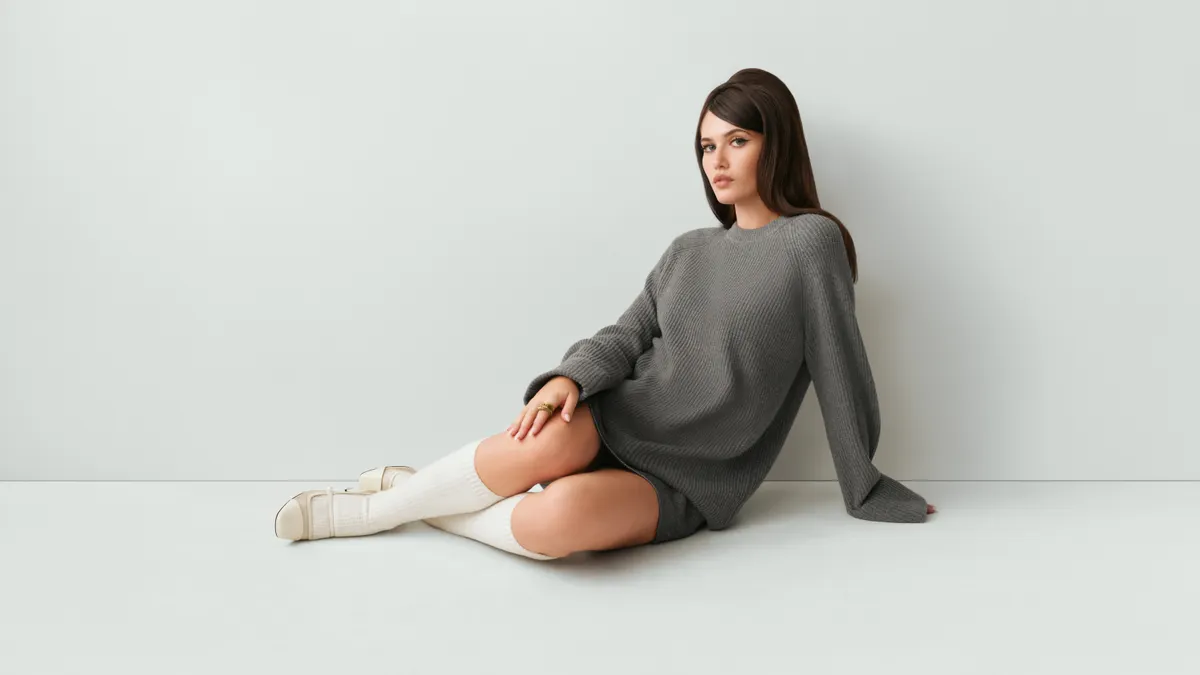Anheuser-Busch (AB) InBev made history at this year’s Cannes Lions International Festival of Creativity by becoming the first marketer to be named Cannes Lions’ Creative Marketer of the Year (CMOY) for a second year in a row. The win follows a significant reorganization of the company’s marketing and creative structure, and coincides with a period of revenue growth.
The CMOY award is presented each year to a single marketer which has produced a large volume of winning work over a consistent period of time. AB InBev has won 146 Lions since 2016, winning 50 in 2022 alone, across 21 of its brands in 10 countries. Previous winners of the award include Apple, Unilever, Microsoft and Google.
“In our case, it reinforces ... the culture that we put into place, and the sustained system around creativity — we really treat it as a discipline,” said Ryan Verschoor, global vice president, marketing culture and capabilities at AB InBev. “It recognizes those things, but most importantly it recognizes the sustained performance that we've managed to achieve over time.”
Cultural shift
As society evolves and alcohol trends change, the ability to advertise creatively and effectively remains a top priority for many alcohol companies. As alcohol consumption among younger consumers shifts, with many drinking less and moving away from beer to alternatives, knowing how to reach these consumers is not only becoming more important, but also more difficult.
AB InBev approaches the challenge of staying culturally relevant and innovative not as a marketing issue, but as a company issue, according to Verschoor. The company began taking a hard look at these challenges in 2018 during a senior leadership summit in Mexico. There, executives agreed to focus on the three Ps: people, process and partners.
First, the company created a marketing culture and capabilities team, which Verschoor now leads. Introduced in the U.S. to help develop a system that allows marketers within the company to take confident risks, the team expanded to the rest of the world in late 2019. AB InBev also established a marketing academy in order to help develop talent.
“The goal of this is to really upskill the entire organization, build modern capabilities, but very importantly build a culture of learning. Because if you are going to evolve, you have to continuously be learning along the way,” said Verschoor.
The beverage company also established an internal agency called Draftline in Columbia in 2018, which has since expanded to other markets, including the U.S. and Mexico. The internal agency has allowed the company to respond to culture in real time, without having to go back and forth between third-party agencies, per Verschoor. In-housing has become a hot topic of debate in the marketing field in recent years, and its important to note that AB InBev works with outside agencies as well. For some projects, Draftline is the lead, but in others, it provides support.
“We would never go fully in-house,” said Verschoor. “I think creativity requires some risk taking and it requires diversity of thought. I think it's very important that we constantly bring in external powerful perspectives, from different geographies, different backgrounds, different disciplines, so for sure that will continue.”
AB InBev’s focus on reviving its process includes implementing a system whereby campaigns can be compared across different markets. A common language was also developed to discuss subjective feelings, allowing for better communication. Additionally, the company formed a creative brain trust — an approach that has worked for Pixar and others — to help develop new ideas.
“We then have something called a creative council,” said Verschoor. “That's where we rated some of the top creative minds in the world. And we use them to score and rate the work that I've mentioned, that is our formal tracking,”
The alcohol giant has also taken steps to strengthen its relationship with top partners around the world, recognizing their key role in driving growth.
The payoff
The revamped creative strategy coincides with a period of revenue growth for the company. In 2022, AB InBev revenue increased 11.2% and total volume increased 2.3%. Notably, there was a 8.9% increase in combined revenue growth in global brands Budweiser, Stella Artois and Corona.
The marketer has also found success pairing its creative and sustainability efforts. For example, Corona, which it owns outside the U.S., has undertaken a highly successful plastic removal campaign. Other brands under the AB InBev umbrella have also shifted a focus to environmental causes, with sustainability remaining a focus going forward.
“It’s more on a brand by brand basis,” Verschoor said of sustainability. “But I think as a company with immense scale, we have an opportunity to do that where we see something really, really work in one place. Can we then replicate and scale that to other markets and increase the impact?”


